Autopilot, digitalization and new energy have been considered as the three major trends in the development of the automobile industry in the future. At the FAW-Volkswagen Audi Brand Summit held on September 10, Steader, chairman of the management board of Audi AG, said that in the future, Audi will focus on the development of urbanization, digitalization and sustainability. It is also the above three trends that correspond. At the summit of the day, FAW-VW Audi officially announced the official listing of its Audi A4L. This model is Audi's domestic version A4L that has been introduced for the first time by the A4's wheelbase. Like the new Audi Q7, the A4L uses a semi-automatic assisted driving system. In an exchange with Audi's engineers responsible for the autopilot project, he told Lei Fengwang (searching for the “Lei Feng Net†public number) that Audi’s autonomous driving started as early as 15 years ago and has already been subjected to road tests in several US states. Last year, Audi introduced autopilot to China for the first time. Audi's autonomous driving localization development and practical development were performed at the Beijing Technology R&D Center. He said that at present, Audi's auxiliary system has been perfected to a considerable degree of automatic driving. The team is developing more features such as auto-piloting at intersections, 3D display, advanced adaptive cruise and more. He also said that the first implementation will be auto-driving on congested roads, and traffic jams will be used first in the next-generation Audi A8. In order to promote digital business, FAW-VW Audilla came to cooperate with BAT. On September 11, FAW-Volkswagen teamed up with Audi to formally sign a three-way memorandum of cooperation with Alibaba, Baidu (Baidu L3 Division) and Tencent in Shanghai. FAW-Volkswagen Audi is the first and only car manufacturer to sign BAT at the same time. Zhang Qijie, general manager of FAW-Volkswagen, said that expanding digital business is an important part of the future development of FAW-Volkswagen. The "digitalization" Zhang Jiejie said is big data mining and collation (promoting product planning and marketing), e-commerce ecosystem (how to better sell online), auto internet finance (matching automotive e-commerce ecology), and car networking platform construction. (Cooperating with BAT) and Urban Intelligent Transportation (Automatic Driving) layout. In cooperation with BAT, FAW-Volkswagen Audi wanted to absorb the advantages of all parties in car networking services to promote its digital development. Zhang Jiejie said that in terms of digitization, FAW-Volkswagen has made many attempts in the past to create the “Cloud Mirror†big data system to achieve accurate portraits of target users and to jointly lay out FAW-VW Audi's e-commerce strategic plan and so on. Now working with BAT, FAW-Volkswagen hopes to actively expand its Internet business and attract more young people. On September 8, FAW-Volkswagen established its 25th anniversary. The company's first deputy general manager, Sidley, revealed to the outside world its future new energy plan, which will gradually introduce about 11 new energy vehicles. Among them, the first domestic plug-in hybrid car, the A6L e-tron, will be available in November this year. This is considered by Audi as the start of the electric production of the Audi-made domestic models. Subsequent A6L e-tron, Q7 e-tron, and pure electric SUVs will be launched. Saidley said "In the future, we will continue to increase our investment in China." FAW-Volkswagen general manager Zhang Jiejie said that over the past 25 years, FAW-Volkswagen has obtained more than 12.5 million users and achieved the first place in the Chinese market. In the first eight months of this year, FAW-Volkswagen achieved sales of 1.177 million units, a year-on-year increase of 10.8%, of which Audi contributed nearly one-third of its sales and led the Chinese luxury car market with 384,000 units. For the past 25 years, FAW-Volkswagen Audi has pioneered the Chinese auto premium car market, occupying the top position in China's premium car market. In the next 25 years, talking about users, talking about demand, and talking about brand rejuvenation are the key to this joint venture car company's desire to continue to maintain its advantages in the Chinese market. PS: Welcome to focus on the "Xinzhijia" section of the Leifeng network. Wechat adds "Xinzhijia" to subscribe to the public number.
OEM is "original equipment manufacturer" which means the battery is identical to what was originally supplied with the phone. Non-OEM is a battery made by a different company that reverse-engineered the original battery and started producing functionally-equivalent copies for sale into the same application.
There is no hard and fast rule, but generally people perceive OEM to be higher quality and more reliable than non-OEM, as a result pricing will often be higher for OEM batteries. Batteries are difficult to manufacture consistently because minor variations in water content (parts per million) and minor mis-matching of the anode and cathode capacities (produced by micron thickness variations in coating processes) cause substantial cycle life reduction in the final battery. It could be the difference between getting 100 cycles out of a battery (not to hard) versus 500 (more challenging). OEM's might have a higher reject rate of marginal batteries, which leads to higher costs on the ones that do pass.
Oem Mobile Battery,Oem Mobile Phone Battery,Oem Tablet Pc Battery,Oem Laptop Battery Shenzhen Glida Electronics Co., Ltd. , https://www.szglida.com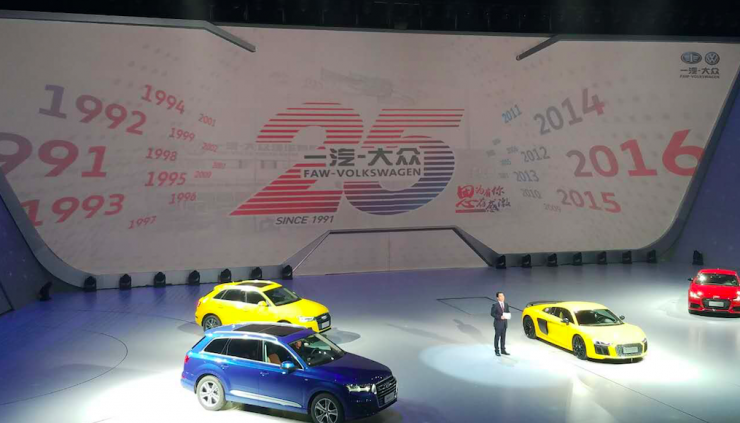
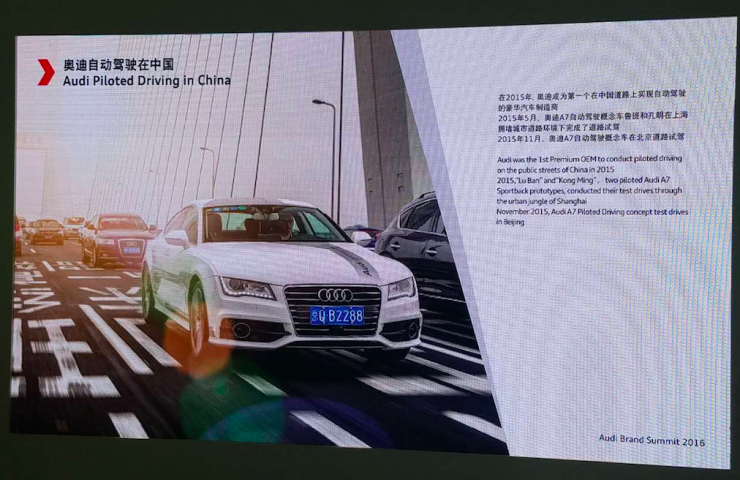
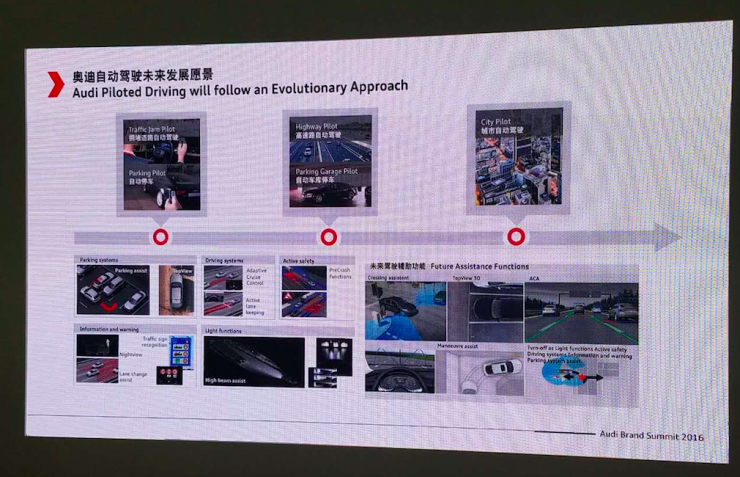
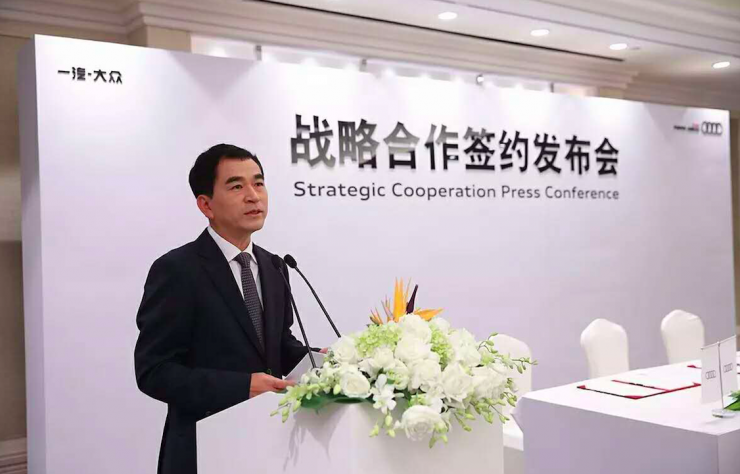
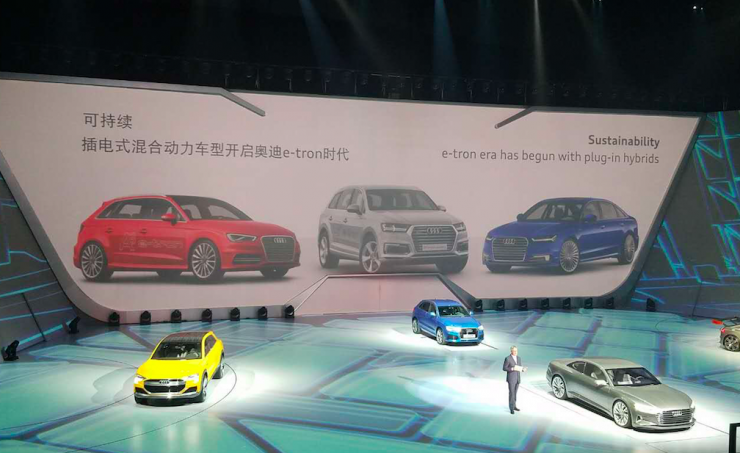
June 29, 2021